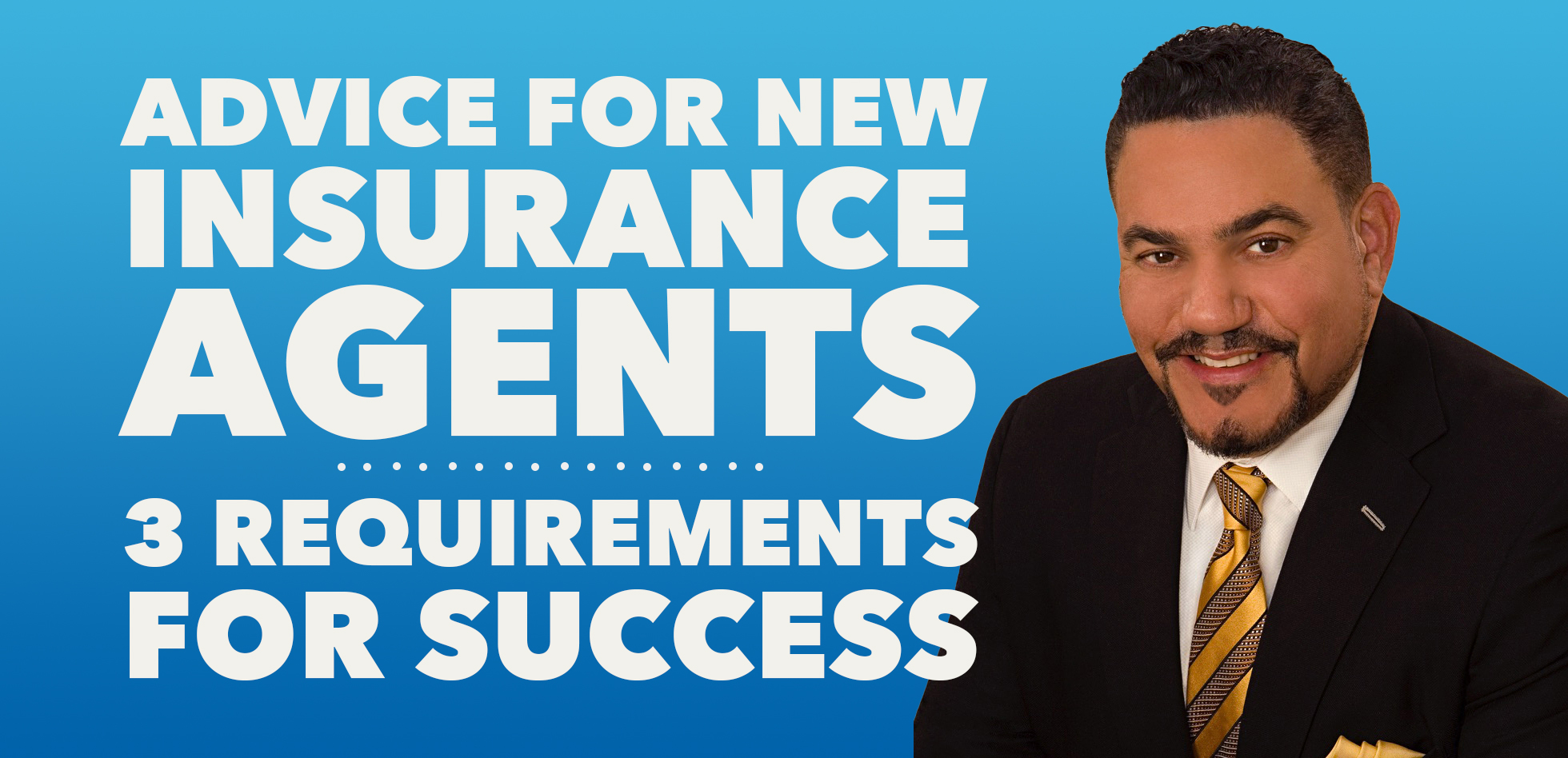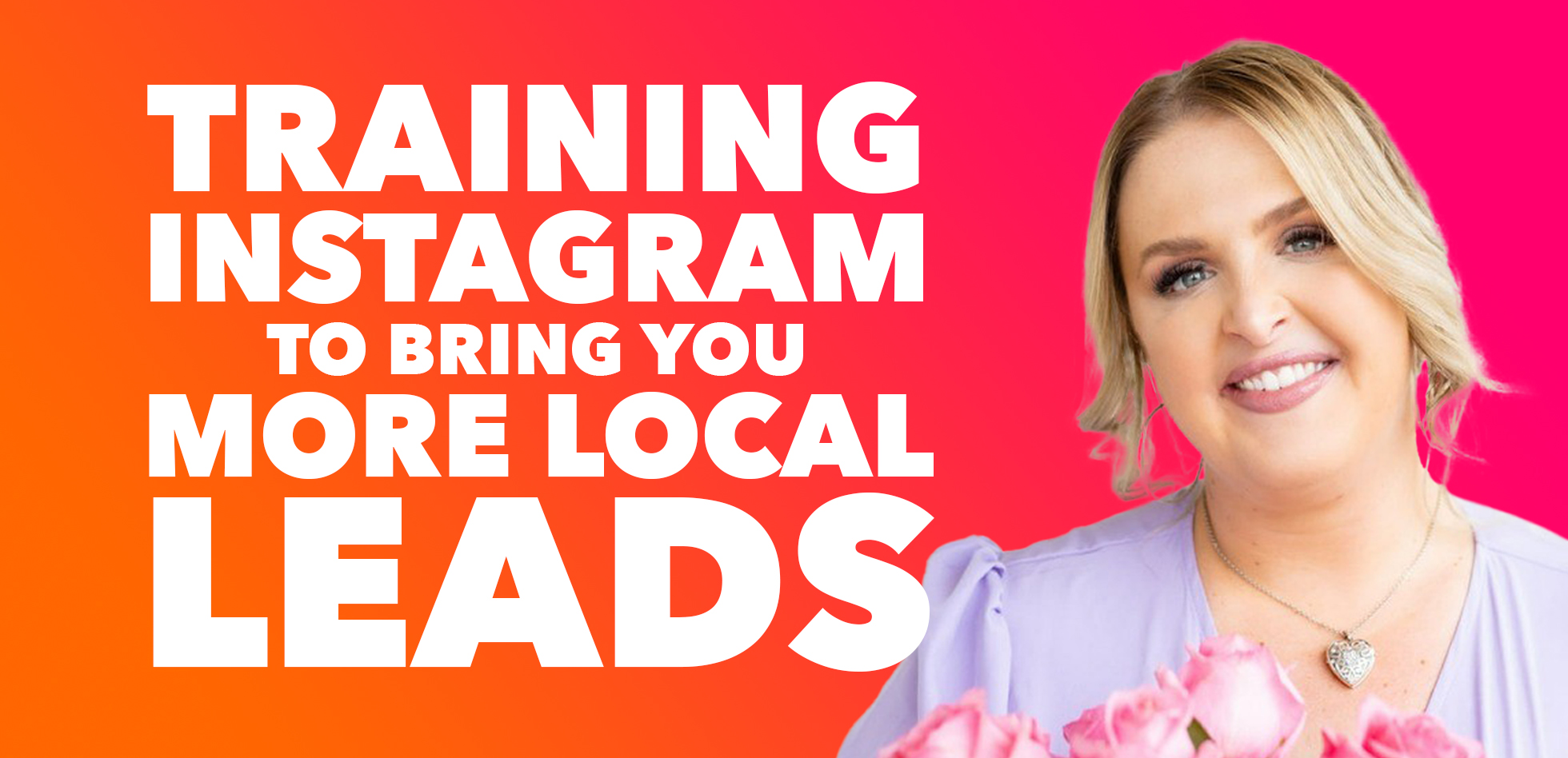We’ve talked previously about the importance of creating a dedicated Facebook page for your business.
But, the truth is, there are some features your personal profile offers that you just can’t get with a business page. That’s why service-based sales professionals should promote themselves on their personal profile, as well as their business page.
Keep reading to find out the key differences between a business page and personal profile, as well as actionable advice for using both to take your business to the next level.
The Key Differences Between a Personal and Professional Page
In many ways, a personal Facebook and a business page are somewhat similar. With either, you can:
- Share links, videos, and images.
- Create and post to groups.
- Like pages, comment on posts, and interact with potential clients.
However, there are some important functional differences that you should be aware of. On a personal profile, you can:
- Send and accept friend requests.
- Send private messages to anyone.
- Invite friends to events.
- Join groups.
On a business page, you can:
- Advertise to highly defined target audiences.
- Send invitations to people who have liked your posts or ads.
- Send messages to people who reached out first.
- Advertise events.
- View detailed analytics for your posts and ads.
Now that you have a better idea of the features each one offers, let’s look at some of the ways you can use this knowledge to grow your business.
Leveraging Your Business Page
When you have a Facebook business page, you’re able to build up your brand by leaps and bounds. You can easily run powerful, targeted ads that will allow you to connect with new customers and increase your sales potential significantly.
While you can make connections, share content, and drive sales through your personal profile alone, you’ll have a much harder time connecting with anyone outside your sphere of influence. To put it bluntly: if you’re not going to take advantage of the powerful advertising options Facebook offers, you’re doing your business a disservice.
Plus, having a business page gives your business a professional look, as well as an air of legitimacy that you simply can’t get through a personal profile.
Add in the fact that a business page allows you to connect with an unlimited numbers of leads, and it’s not hard to see why there are more than 80 million active business pages on Facebook.
Of course, there are some drawbacks to a dedicated business page, which is why it’s useful to promote your business on your personal profile, as well.
Leveraging Your Personal Profile
Before Facebook introduced branded pages in 2009, personal profiles were the only way for businesses to establish relationships on Facebook. Today, they’re a great supplement to your business page, so long as they’re used correctly.
The key is to view your personal profile as a way to connect with people individually and intimately—supporting what you post to your business page without being overly promotional.
Share links from your business page.
Many salespeople still lean heavily on their personal pages for advertising their services and connecting with new clients. There’s a good reason for this:
Posts from a personal Facebook page are much more likely to actually appear in the timelines of your followers. On average, a post from a business page reaches just 6.4% of that page’s followers—making boosted posts and ads a practical necessity.
While there’s no guarantee all of your friends will see every post you share on your personal page, cross-posting some of the content from your business page is a great way to give it a little extra push. Just be careful not to overdo it—there’s no quicker way to get someone to “unfriend” you than by spamming them with sales posts.
Invite friends to your events.
This is one of the single best uses of a personal profile in support of your business.
While you’re able to create and advertise events (such as open houses or seminars) from your Facebook business page, you won’t be able to send invitations to your page’s followers. But, through your personal page, you can send individual event invitations to your Facebook friends. In addition to being free, sending a personal invitation resonates in a way that advertising your event simply doesn’t.
Build your community.
While you can’t advertise from your personal profile, you canuse it to make deeper connections with past, present, and future clients.
One way to do this is to send a friend request to a client—or, if you’re looking to expand your business, someone who has multiple mutual friends. While there is no guarantee they’ll accept your request, there’s also no guarantee that paid ads will drive sales.
On the other hand, when someone accepts your request, you can begin building a stronger relationship with them that, with some nurturing, will hopefully result in a repeat transaction or referral down the line.
Another great thing about using a personal profile is that you can send personal messages and post to your friends’ timelines. That means you can connect on a one-to-one level that just feels more personal and meaningful than a post coming from a business page. While it might not help you generate a ton of new leads like a targeted ad will, it will still yield returns for your business in the long run.
Personal Profiles: Use with Caution
If you’re going to use your personal page to supplement your business’s Facebook presence, you basically have two options:
- Make your posts public.
- Sent friend requests to/accept requests from your prospects.
One thing to keep in mind is that, once someone is your friend, they’re able to see anything you post (unless you intentionally restrict your posts to certain friends), as well as posts you are tagged in. That means they will have full access to your personal information and old posts, so you’ll want to make sure there is nothing unprofessional on your profile.
With that in mind, it’s easier to select which individual posts you make public so that you can carefully cultivate what your customers see. Even then, you want to ensure you have a professional looking profile, free of unflattering or offensive content.
Of course, just to be on the safe side, you should think twice about anything you post on social media. Remember: your online presence is the first impression many potential customers get of your business. Don’t let it become a liability.
Now you know why it’s important to maintain a robust, professional presence on your personal Facebook profile, as well as your dedicated business page. To get more great tips for growing your business on Facebook, be sure to subscribe to our YouTube channel.









 Apple Podcasts
Apple Podcasts
 Google Play
Google Play
 Spotify
Spotify











